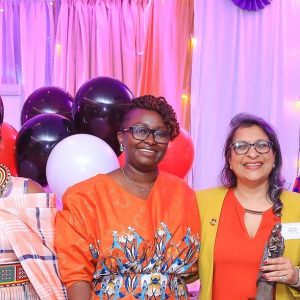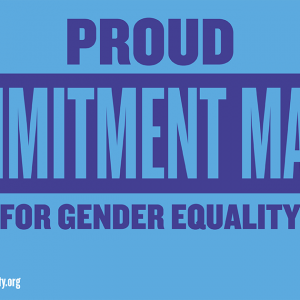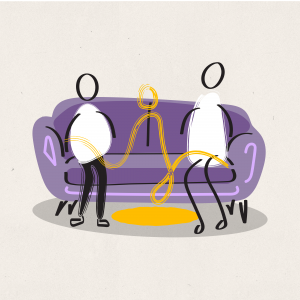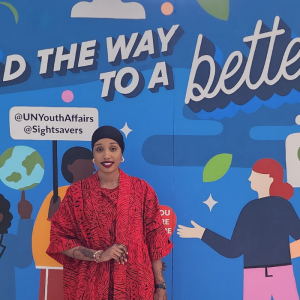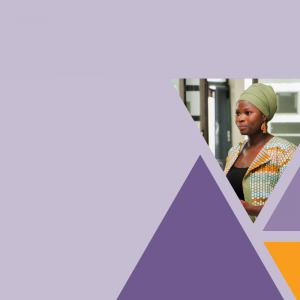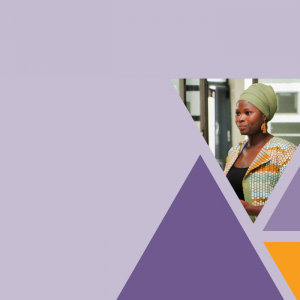This week, schools close for holidays in Kenya. Many will use this time to play with friends and spend time with their families. But not all children will be as lucky as others. August holidays also form part of cutting season in some communities in Kenya. Girls are taken through FGM/C and in some instances, this will mark the end of their education and the beginning of a myriad of responsibilities as an adult. Especially in practising communities where FGM/C is a precursor to child marriage.
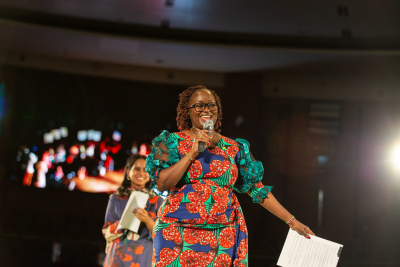
Asenath Mwithigah speaking at Women Deliver 2023
As we reflect on International Youth Day, we think about the importance of the role youth play in ending FGM/C. At Orchid Project, we believe that young people will be the ones to end FGM/C. They are the next generation of activists who can say no to this harmful practice. To help embed youth involvement, we create safe spaces for young people to come together, share experiences from different backgrounds and think about what we can learn from each other. We help strengthen their skills as advocates and their understanding of how gender inequality and harmful social norms underpin the practice. Not only can we learn from youth, but they must be involved in the decision making of policies that will ultimately impact them.
At Orchid Project, we believe that young people will be the ones to end FGM/C. They are the next generation of activists who can say no to this harmful practice.
This years’ theme looks at “Green Skills for Youth: Towards a Sustainable World.” The world is taking recognition of its green transition- a shift in responding to the crisis of climate change that has proven a herculean task globally. This transition is a process toward a new development model that ensures environmental sustainability and fairer societies. As we aim to address these human-induced climate change emergencies, it is prudent to also address its effects. This includes its contribution to the perpetuation of female genital mutilation/cutting, a human rights violation that is affecting more than 200 million women and girls in 31 countries and poses a risk to over 4.3 m girls annually.
In parts of Arid and Semi-Arid lands, drought has persisted for years as a result of climate change. This continued drought has caused loss of livelihood in some communities, amplifying their vulnerability and leaving them less able to cope with emerging shocks and stresses that climate change poses on a daily basis. In some of these practising communities, the continued loss of livelihood has propagated the continuation of FGM/C where adolescent girls are taken through FGM/C and married off in exchange for bridewealth, which helps the families to survive the prolonged drought. This is just one example of how climate change impacts FGM/C.
The successful transition towards a greener world will depend on the development of green skills (knowledge, abilities, values, and attitudes needed to live in, develop and support a sustainable and resource-efficient society) in the population. These skill sets should encompass the empowerment of communities, including youth in ensuring they acquire the requisite skillsets to safeguard the rights of women and girls from violation of FGM/C.
At Orchid Project, we will continue to work with youth networks to strengthen their skills in gender transformative approaches while fostering intergenerational dialogues on attitudes, values, and social norms that underpin the practice of FGM/C. We thank all of the young activists helping us to further our mission to end FGM/C.

